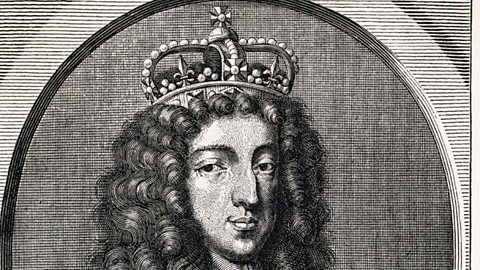Irish divisions
During the 19th century most of the Irish immigrants came from Ulster. Between 1876 and 1883 around 83 per cent of Irish immigrants came from the North of Ireland - around 25 per cent of these were Protestant.
Both Catholics and Protestants had very different identities and this led to ill-feeling and violence.
The culture and experiences of Irish Protestant immigrants often differed to those of the Irish Catholics - many Protestants were educated and found skilled employment in the shipyards.
The Irish Protestants formed an organisation called the Orange Order in 1795. This celebrated the Protestant King, William of Orange, who had become King of Great Britain in place of the Catholic King James in 1688.

This organisation originated in Ireland and branches were opened all over Scotland. Protestant Scots also joined and marches and assemblies were held regularly across Scotland.
Irish Protestants supported different football teams to their Catholic compatriots. In Glasgow they supported Rangers FC (formed in 1872) and in Edinburgh, Heart of Midlothian Football Club (formed in 1874).
The differences between the Irish Protestants and Irish Catholics created deep divisions which often led to violence, especially in the West of Scotland. Both sides were fierce rivals and clashes occurred regularly - ‘Orange ParadeA procession that celebrates the victory of Prince William of Orange (Protestant in faith) over the ruling King James II (a devout Catholic) at the Battle of the Boyne in 1690. The marches mostly take place in Northern Ireland and Scotland. They are controversial. Opponents (such as Catholics and Nationalists) view them as sectarian events that encourage segragation between religious groups. Supporters see them as an important cultural celebration for British Protestants and argue in favour of their 'right to march'.’ often led to battles in the streets and ‘home ruleThe demand by countries within the British Empire to be given the right to govern themselves independently but remain within the British Empire.’ marches would be attacked.
Workplaces also became divided, with Irish Protestants denying Catholic access to employment and vice versa. A person’s surname or school they went to became very significant and if they were of the opposite religion, they were often refused employment.